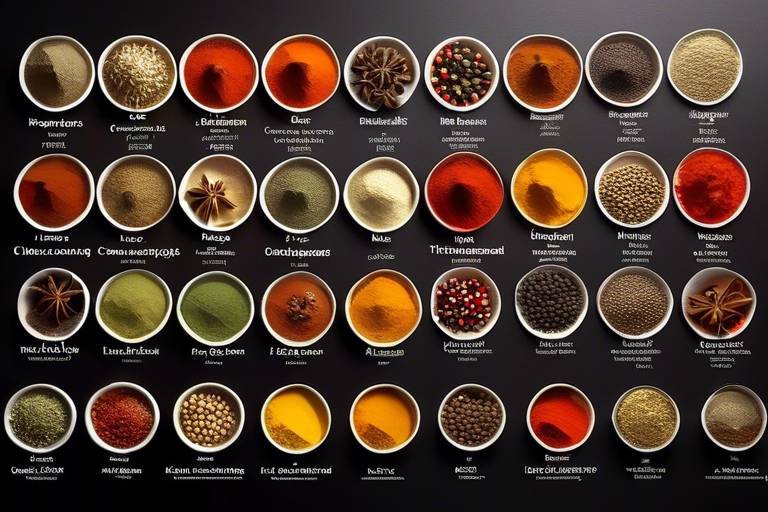The Science of Antioxidants - Protecting Your Health
In today’s fast-paced world, we’re constantly bombarded by factors that can harm our health, from pollution to unhealthy diets. This is where antioxidants come into play. These tiny warriors are crucial for our well-being, battling the damaging effects of free radicals that are produced during normal metabolism and through exposure to environmental stressors. But what exactly are these antioxidants, and how do they work to protect our health? In this article, we will delve into the fascinating world of antioxidants, exploring their various types, sources, and the incredible benefits they offer. By understanding their role, you can make informed choices that enhance your health and well-being.
Antioxidants are molecules that inhibit oxidation, a chemical reaction that can produce free radicals, leading to cellular damage. Think of them as the body’s defense team, neutralizing harmful substances before they can wreak havoc. Free radicals are like the bad guys in a movie; they can cause chaos and destruction, contributing to various diseases, including cancer and heart disease. By understanding the nature and function of antioxidants, you can appreciate their vital role in health and disease prevention.
There are various types of antioxidants, each playing a unique role in protecting our cells from damage. They can be classified into three main categories: vitamins, minerals, and phytochemicals. Each type has its own set of benefits and sources, contributing to our overall health. Let’s take a closer look at these categories.
Vitamins are perhaps the most well-known antioxidants, with Vitamin C and Vitamin E leading the charge. These vitamins not only help protect the body from oxidative stress but also play essential roles in immune function and skin health. Think of them as the superheroes of the antioxidant world.
Vitamin C is a water-soluble antioxidant that works tirelessly to protect your body from free radical damage. It’s also vital for collagen synthesis, which is crucial for maintaining skin health and elasticity. Imagine Vitamin C as a shield, guarding your cells against the harsh elements of oxidative stress.
On the other hand, Vitamin E is a fat-soluble antioxidant that primarily protects cell membranes from oxidative damage. It also supports cardiovascular health through its anti-inflammatory properties. Picture Vitamin E as a protective barrier, ensuring that your cells remain intact and function optimally.
Minerals like selenium and zinc are essential for the proper functioning of antioxidant enzymes. These minerals play a critical role in the body’s defense against oxidative stress, supporting overall health and well-being. Without these minerals, our antioxidant defenses would be significantly weakened.
Antioxidants can be found in a variety of foods, particularly fruits, vegetables, nuts, and whole grains. Incorporating these foods into your diet is essential for enhancing your antioxidant intake. The more colorful your plate, the better! Let’s explore some specific sources of antioxidants.
Berries, citrus fruits, and apples are packed with antioxidants. They not only provide essential vitamins and minerals but also combat oxidative stress and inflammation. For instance, blueberries are often hailed as a superfood due to their high antioxidant content. Imagine biting into a juicy berry and knowing you’re boosting your health with every bite!
Leafy greens, carrots, and bell peppers are excellent sources of antioxidants. These vegetables contribute to a balanced diet and support overall health. Just think about how vibrant and full of life a salad can be, filled with colorful veggies, each offering a unique set of health benefits.
Antioxidants offer numerous health benefits, making them a crucial part of our diet. From reducing inflammation to improving skin health, they play a vital role in lowering the risk of chronic diseases such as heart disease and cancer. Let’s dive deeper into these benefits.
Inflammation is often at the root of many chronic conditions, and antioxidants help combat this issue. Their anti-inflammatory properties contribute to improved overall health and well-being. By incorporating antioxidant-rich foods into your diet, you can help your body fight back against inflammation.
Consuming antioxidants can lower the risk of heart disease by reducing oxidative stress and improving cholesterol levels. This, in turn, promotes cardiovascular health. Think of antioxidants as your heart’s best friends, working tirelessly to keep it strong and healthy.
Research suggests that antioxidants may play a role in slowing the aging process by protecting cells from damage and maintaining cellular function throughout life. As we age, our bodies become more susceptible to oxidative stress, making antioxidants even more essential.
Antioxidants help protect cells from damage caused by oxidative stress, which can lead to age-related diseases and contribute to the aging process. They act like a time machine for your cells, helping to keep them youthful and vibrant.
Topical and dietary antioxidants can improve skin health by reducing signs of aging, promoting hydration, and enhancing skin elasticity through their protective effects. Imagine applying a serum rich in antioxidants and feeling your skin rejuvenate, as if it’s drinking in the nutrients!
Adding a variety of antioxidant-rich foods to your diet is essential for optimal health. Simple dietary changes can significantly increase your antioxidant intake and improve overall well-being. Let’s explore how you can easily incorporate these foods into your daily meals.
Incorporating more fruits, vegetables, nuts, and whole grains into your meals can boost your antioxidant levels. Start by adding a handful of berries to your breakfast or snacking on nuts throughout the day. Little changes can make a big difference!
While antioxidant supplements are available, obtaining antioxidants through whole foods is generally recommended for better absorption and additional health benefits. Whole foods provide a synergistic effect that supplements often lack, making them the superior choice for enhancing your health.
Q: What are antioxidants?
A: Antioxidants are molecules that inhibit oxidation and neutralize free radicals, helping to protect our cells from damage.
Q: What foods are high in antioxidants?
A: Foods rich in antioxidants include berries, citrus fruits, leafy greens, nuts, and whole grains.
Q: Can I get enough antioxidants from supplements?
A: While supplements can provide antioxidants, it’s generally better to obtain them from whole foods for optimal absorption and health benefits.
Q: How do antioxidants help with aging?
A: Antioxidants help protect cells from oxidative stress, which can lead to age-related diseases and contribute to the aging process.
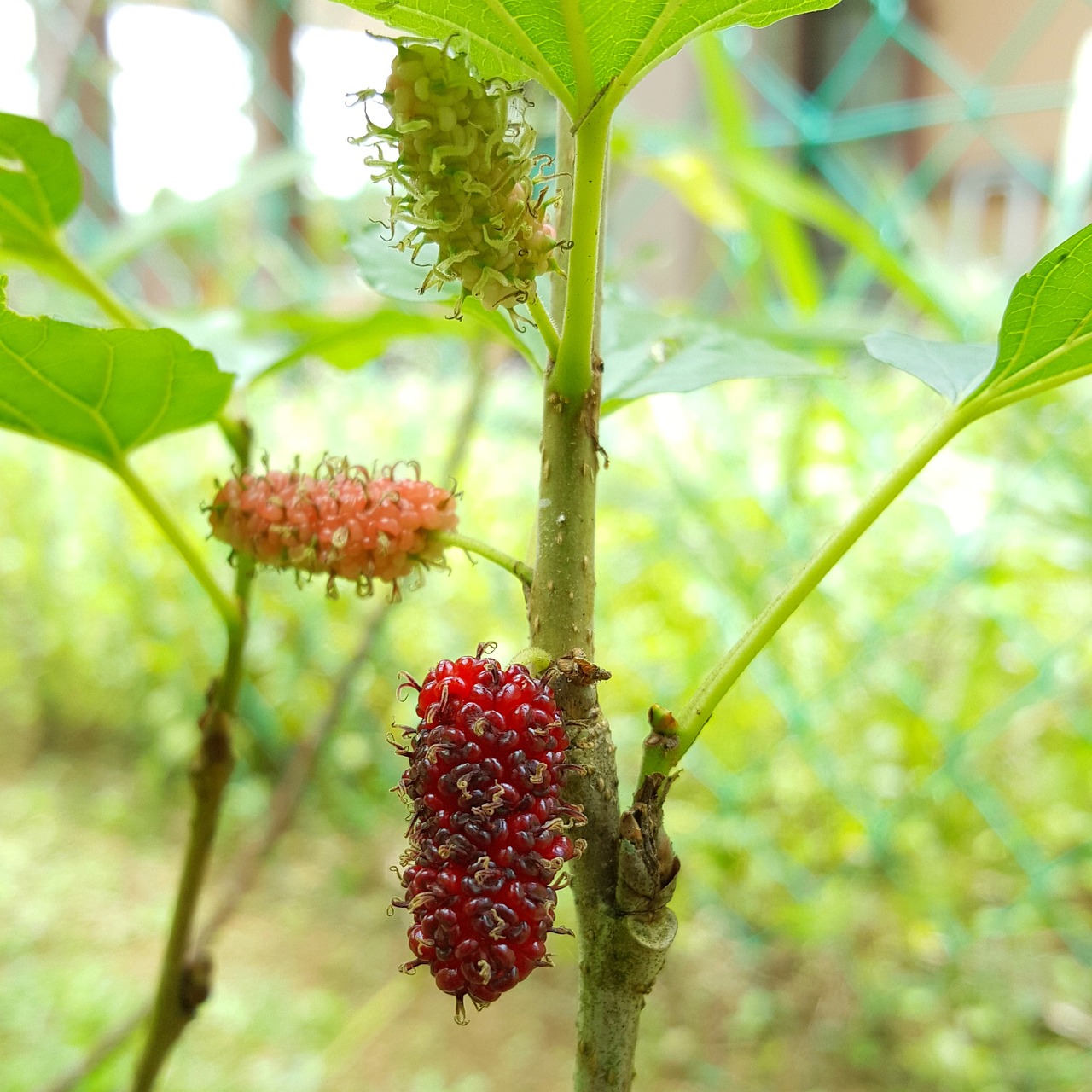
What Are Antioxidants?
Antioxidants are fascinating molecules that play a crucial role in protecting our bodies from the damaging effects of oxidation. At their core, antioxidants work by neutralizing free radicals—unstable molecules that can cause cellular damage. This damage is often linked to various health issues, including chronic diseases and aging. So, what exactly are these free radicals, and why should we care? Think of free radicals as the troublemakers in a party; they can create chaos and lead to a mess if not kept in check. Antioxidants, on the other hand, are like the responsible friends who help restore order and maintain a healthy environment.
Understanding the nature and function of antioxidants is essential for appreciating their role in health and disease prevention. They can be found in various forms, including vitamins, minerals, and phytochemicals, each contributing uniquely to our health. Imagine antioxidants as a well-rounded superhero team, each with its own special powers, coming together to fight against oxidative stress and protect our bodies. Their ability to inhibit oxidation processes is vital for maintaining cellular integrity and overall well-being.
Oxidative stress occurs when there is an imbalance between free radicals and antioxidants in the body, leading to potential damage to cells, proteins, and even DNA. This imbalance can result from various factors, including poor diet, pollution, and even stress. The good news is that by incorporating antioxidant-rich foods into our diets, we can bolster our defenses against these harmful molecules. It's like adding extra security to our health fortress, ensuring that we are well-protected against the chaos of free radicals.
In summary, antioxidants are essential players in the game of health. They combat the damaging effects of free radicals, help maintain cellular function, and contribute to disease prevention. By understanding what antioxidants are and how they work, we can make informed choices about our diets and lifestyles, ultimately leading to better health outcomes. So, let's dive deeper into the types of antioxidants and discover how we can harness their power for our well-being!

Types of Antioxidants
When it comes to antioxidants, it's essential to understand that not all antioxidants are created equal. They can be broadly categorized into three main types: vitamins, minerals, and phytochemicals. Each type has its unique properties and plays a crucial role in protecting our cells from damage caused by free radicals. Free radicals are unstable molecules that can cause oxidative stress, leading to various health issues, including chronic diseases. Understanding these types of antioxidants helps us appreciate their significance in our daily diet and overall health.
Let's dive a bit deeper into these categories. Vitamin-based antioxidants are perhaps the most well-known. Vitamins C and E are prime examples. Vitamin C, a water-soluble antioxidant, is renowned for its ability to combat oxidative stress and support immune function. On the other hand, Vitamin E, which is fat-soluble, acts as a protector of cell membranes, ensuring our cells remain intact and functioning optimally. Both vitamins are not just ordinary nutrients; they are powerhouses that contribute to our body's defense system.
Next up, we have mineral-based antioxidants. Minerals like selenium and zinc are essential for the proper functioning of antioxidant enzymes. These minerals help neutralize free radicals and are vital for maintaining a robust immune system. Without adequate amounts of these minerals, our bodies may struggle to fend off oxidative stress, which can lead to various health complications.
Lastly, we can't forget about phytochemicals. These are naturally occurring compounds found in plants, and they often have antioxidant properties. Some well-known phytochemicals include flavonoids, carotenoids, and polyphenols. These compounds are abundant in fruits, vegetables, and whole grains, making it crucial to incorporate a variety of these foods into our diets. For instance, the vibrant colors of fruits and vegetables often indicate the presence of these beneficial compounds, so when you eat a rainbow, you're not just enjoying a feast for your eyes, but also for your health!
In summary, understanding the types of antioxidants can empower us to make informed dietary choices. By incorporating a mix of vitamin-rich foods, mineral sources, and phytochemical-packed plants into our meals, we can enhance our body's ability to combat oxidative stress and promote overall health. Remember, the more colorful your plate, the more antioxidants you're likely consuming!

Vitamin-Based Antioxidants
Vitamins are more than just essential nutrients; they are powerful antioxidants that play a crucial role in protecting our bodies from oxidative stress. Among the most notable vitamin-based antioxidants are Vitamin C and Vitamin E. These vitamins are like the superheroes of the nutrient world, swooping in to neutralize free radicals and prevent cellular damage. But how exactly do they work, and why are they so important for our health?
Vitamin C, also known as ascorbic acid, is a water-soluble vitamin that acts as a potent antioxidant. It protects our cells from damage caused by free radicals, which are unstable molecules that can lead to chronic diseases and accelerate aging. One of the most exciting aspects of Vitamin C is its role in collagen synthesis, which is essential for maintaining healthy skin and connective tissues. Imagine Vitamin C as a builder, helping to construct a strong framework for your skin, keeping it youthful and resilient.
On the other hand, Vitamin E is a fat-soluble antioxidant that primarily protects cell membranes from oxidative damage. It’s like the bodyguard of your cells, ensuring that harmful free radicals don’t breach the defenses. Vitamin E also has anti-inflammatory properties that support cardiovascular health, making it a vital player in reducing the risk of heart disease. Think of Vitamin E as a shield, guarding your cells and promoting overall well-being.
To help you understand the differences and benefits of these two powerhouse vitamins, here’s a quick comparison:
| Vitamin | Solubility | Main Benefits | Sources |
|---|---|---|---|
| Vitamin C | Water-soluble | Boosts immune function, supports collagen synthesis, protects against free radicals | Citrus fruits, strawberries, bell peppers, broccoli |
| Vitamin E | Fat-soluble | Protects cell membranes, supports heart health, reduces inflammation | Nuts, seeds, spinach, avocados |
Incorporating these vitamins into your diet is not only beneficial but also delicious! You can easily boost your antioxidant intake by enjoying a colorful array of fruits and vegetables. Think about starting your day with a refreshing smoothie packed with spinach (for Vitamin E) and strawberries (for Vitamin C). It's a simple yet effective way to give your body the nutrients it craves.
In conclusion, vitamin-based antioxidants like Vitamin C and Vitamin E are essential for maintaining our health and well-being. They combat oxidative stress, support skin health, and promote cardiovascular function. By making a conscious effort to include these vitamins in your diet, you can harness their protective powers and enhance your overall quality of life.
- What are antioxidants? Antioxidants are molecules that inhibit oxidation and neutralize free radicals, protecting cells from damage.
- How do antioxidants benefit my health? They reduce inflammation, improve skin health, and lower the risk of chronic diseases.
- Can I get enough antioxidants from my diet? Yes, by consuming a variety of fruits, vegetables, nuts, and whole grains, you can significantly increase your antioxidant intake.
- Are supplements necessary? While supplements are available, it's generally better to obtain antioxidants from whole foods for better absorption and additional health benefits.
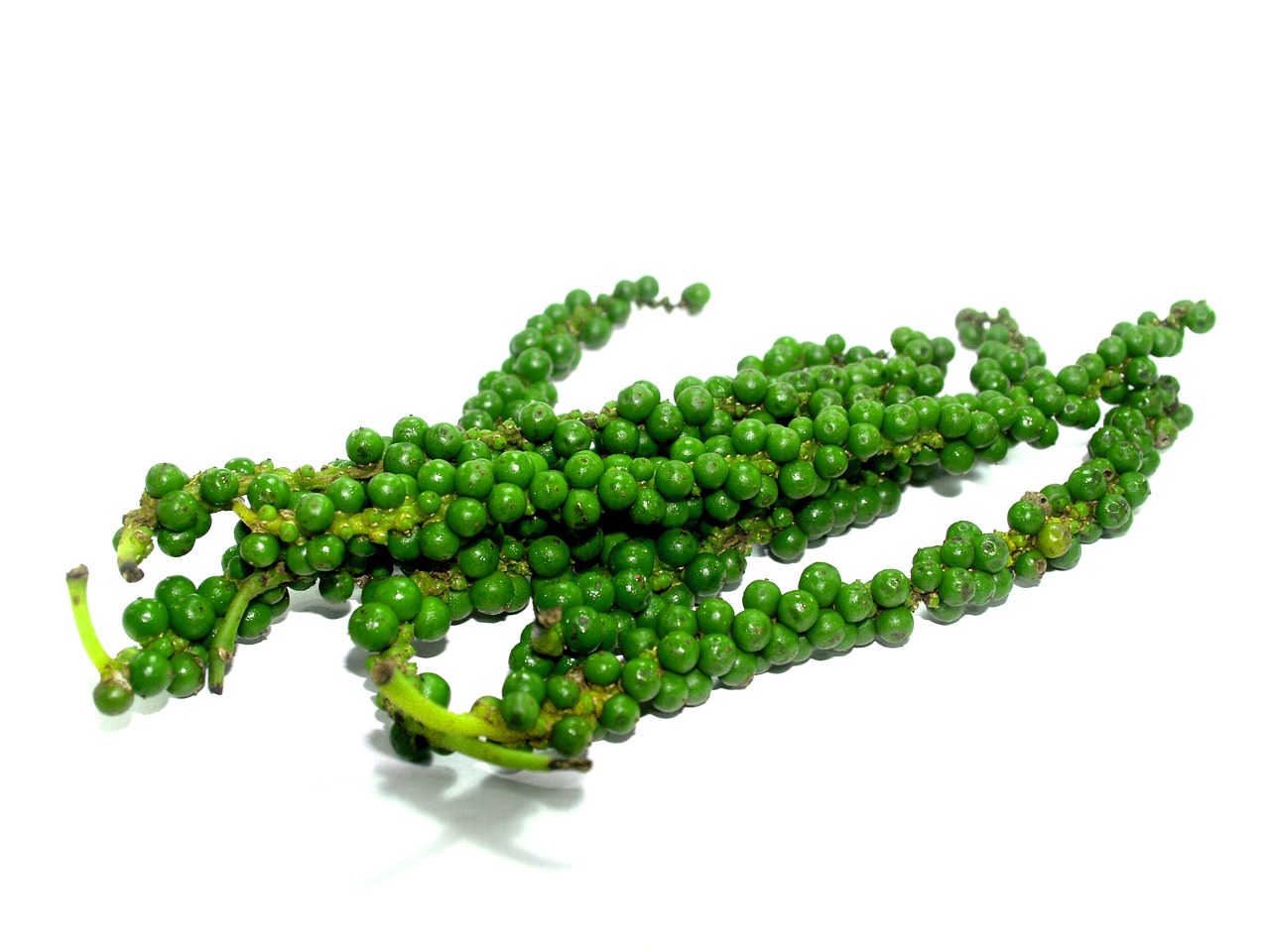
Vitamin C
Vitamin C, also known as ascorbic acid, is a water-soluble antioxidant that plays a crucial role in protecting our bodies from free radical damage. Imagine your body as a bustling city, where free radicals are like pesky little vandals trying to cause chaos. Vitamin C swoops in like a superhero, neutralizing these vandals and preventing them from damaging your cells. This powerful vitamin is not only essential for maintaining a healthy immune system, but it also supports collagen synthesis, which is vital for skin health and wound healing.
One of the most fascinating aspects of Vitamin C is its ability to regenerate other antioxidants, such as Vitamin E, enhancing their effectiveness. Think of it as a team player in the antioxidant league, boosting the performance of its teammates. This regeneration process is particularly important because it helps maintain a robust defense against oxidative stress, which is linked to various chronic diseases, including heart disease and cancer.
Moreover, Vitamin C is abundant in many delicious fruits and vegetables, making it easy to incorporate into your daily diet. Some of the richest sources include:
- Oranges: A classic source of Vitamin C, perfect for a refreshing snack.
- Strawberries: These sweet treats pack a powerful antioxidant punch.
- Bell Peppers: Surprisingly high in Vitamin C, they add color and crunch to any dish.
- Broccoli: A nutritional powerhouse that offers a wealth of health benefits.
In addition to its antioxidant properties, Vitamin C is vital for the synthesis of collagen, a protein that helps maintain skin elasticity and firmness. As we age, collagen production naturally declines, leading to wrinkles and sagging skin. By ensuring adequate Vitamin C intake, you can support your skin's health, keeping it looking youthful and vibrant. So, whether you enjoy a zesty orange or a refreshing strawberry smoothie, you're not just indulging your taste buds; you're also giving your skin a boost!
In summary, Vitamin C is an essential antioxidant that not only protects your body from oxidative stress but also plays a significant role in skin health and immune function. By including a variety of Vitamin C-rich foods in your diet, you can harness its benefits and promote overall well-being.
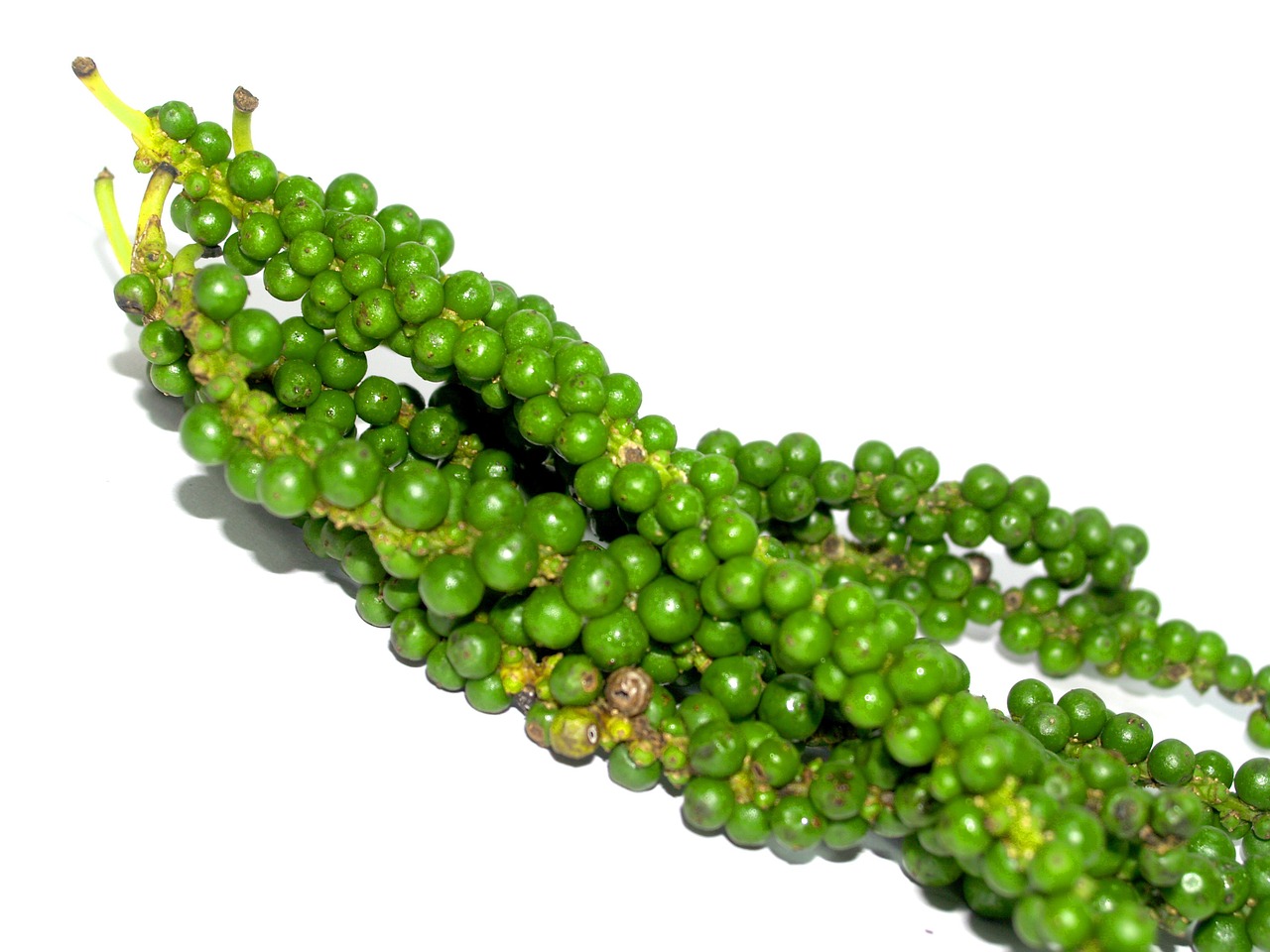
Vitamin E
Vitamin E is a remarkable fat-soluble antioxidant that plays a vital role in maintaining our health. Its primary function is to protect cell membranes from oxidative damage, which is crucial for the overall integrity of our cells. Think of Vitamin E as a shield, guarding your cells against the relentless attack of free radicals, which are unstable molecules that can cause harm to your body. This protection is particularly important because oxidative stress is linked to numerous chronic diseases, including heart disease and cancer.
One of the standout features of Vitamin E is its ability to support cardiovascular health. By reducing oxidative stress, it helps to lower inflammation and improve cholesterol levels, which are essential factors in maintaining a healthy heart. In fact, studies have shown that individuals with higher levels of Vitamin E in their blood tend to have a lower risk of developing heart-related issues. It’s like having a trusty sidekick that helps keep your heart in top shape!
Moreover, Vitamin E is not just about heart health; it also plays a significant role in skin health. When applied topically, Vitamin E can help reduce signs of aging by promoting skin hydration and elasticity. It acts as a natural moisturizer and can even aid in the healing of scars and blemishes. Imagine your skin as a canvas—Vitamin E helps to keep it vibrant and youthful, ensuring that it looks its best.
So, where can you find this powerhouse nutrient? Vitamin E is abundant in a variety of foods, making it easy to incorporate into your diet. Some of the richest sources include:
- Nuts and seeds (especially almonds and sunflower seeds)
- Vegetable oils (such as sunflower oil and olive oil)
- Green leafy vegetables (like spinach and broccoli)
- Fortified cereals and grains
In summary, Vitamin E is not just an ordinary nutrient; it’s a crucial component of a healthy lifestyle. By protecting your cells from damage and supporting both cardiovascular and skin health, it truly embodies the essence of what it means to be an antioxidant. So, the next time you enjoy a handful of nuts or a fresh salad, remember that you’re not just nourishing your body; you’re also giving it the antioxidant boost it craves!
1. What are the main benefits of Vitamin E?
Vitamin E is known for its antioxidant properties, supporting heart health, improving skin health, and enhancing immune function.
2. Can I get enough Vitamin E from my diet?
Yes, a well-balanced diet rich in nuts, seeds, and green leafy vegetables can provide sufficient Vitamin E for most individuals.
3. Are there any side effects associated with Vitamin E supplements?
While Vitamin E from food is generally safe, high doses of supplements can increase the risk of bleeding and other health issues. It's always best to consult with a healthcare provider before starting any supplements.
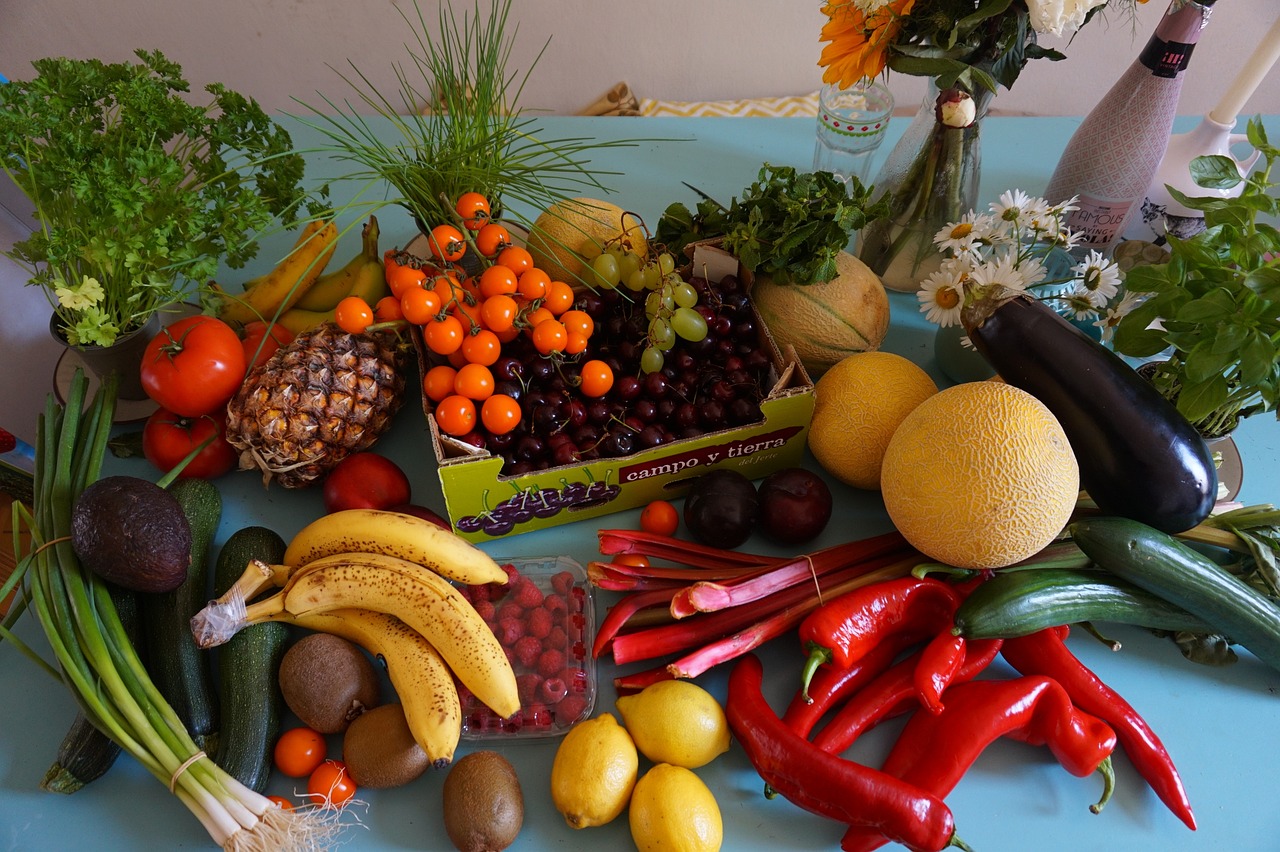
Mineral-Based Antioxidants
Mineral-based antioxidants play a pivotal role in maintaining our health by supporting the body’s natural defense mechanisms against oxidative stress. Two key minerals that stand out in this category are selenium and zinc. These minerals not only serve as essential nutrients but also act as cofactors for antioxidant enzymes, enhancing their ability to neutralize free radicals. The presence of these minerals in our diet can significantly bolster our antioxidant defenses, helping to mitigate the damaging effects of oxidative stress on our cells.
Selenium, for instance, is a trace mineral that is crucial for the function of several antioxidant enzymes, such as glutathione peroxidase. This enzyme plays a vital role in protecting cells from oxidative damage by converting harmful hydrogen peroxide into water and oxygen. A deficiency in selenium can lead to a weakened antioxidant defense, increasing the risk of chronic diseases, including certain cancers and heart disease. Foods rich in selenium include Brazil nuts, seafood, and whole grains, making it relatively easy to incorporate this essential mineral into your diet.
Zinc is another powerhouse mineral that contributes to antioxidant activity. It is involved in over 300 enzymatic reactions in the body, many of which are crucial for maintaining cellular integrity and function. Zinc helps stabilize cell membranes and plays a role in the immune response, which is essential for combating oxidative stress. You can find zinc in a variety of foods, such as meat, legumes, nuts, and dairy products. Including these foods in your meals can ensure that you’re getting enough of this vital mineral.
The synergistic effect of these minerals with vitamins and other antioxidants amplifies their health benefits. For example, when combined with vitamin E, zinc can enhance the protective effects against oxidative damage, especially in the context of cardiovascular health. This interplay between minerals and vitamins highlights the importance of a balanced diet rich in a variety of nutrients to optimize antioxidant activity in the body.
In summary, mineral-based antioxidants like selenium and zinc are essential for maintaining our health by enhancing the body’s antioxidant capabilities. By ensuring that we consume adequate amounts of these minerals through a diverse and balanced diet, we can better protect ourselves against the damaging effects of oxidative stress and promote overall well-being.
- What are antioxidants? Antioxidants are molecules that inhibit oxidation and neutralize free radicals, thus protecting the body from cellular damage.
- How do minerals function as antioxidants? Minerals like selenium and zinc serve as cofactors for antioxidant enzymes, enhancing their ability to neutralize free radicals.
- What foods are high in mineral-based antioxidants? Foods rich in selenium include Brazil nuts and seafood, while zinc can be found in meat, legumes, and nuts.
- Can I get enough antioxidants from supplements? While supplements are available, it is generally recommended to obtain antioxidants from whole foods for better absorption and additional health benefits.
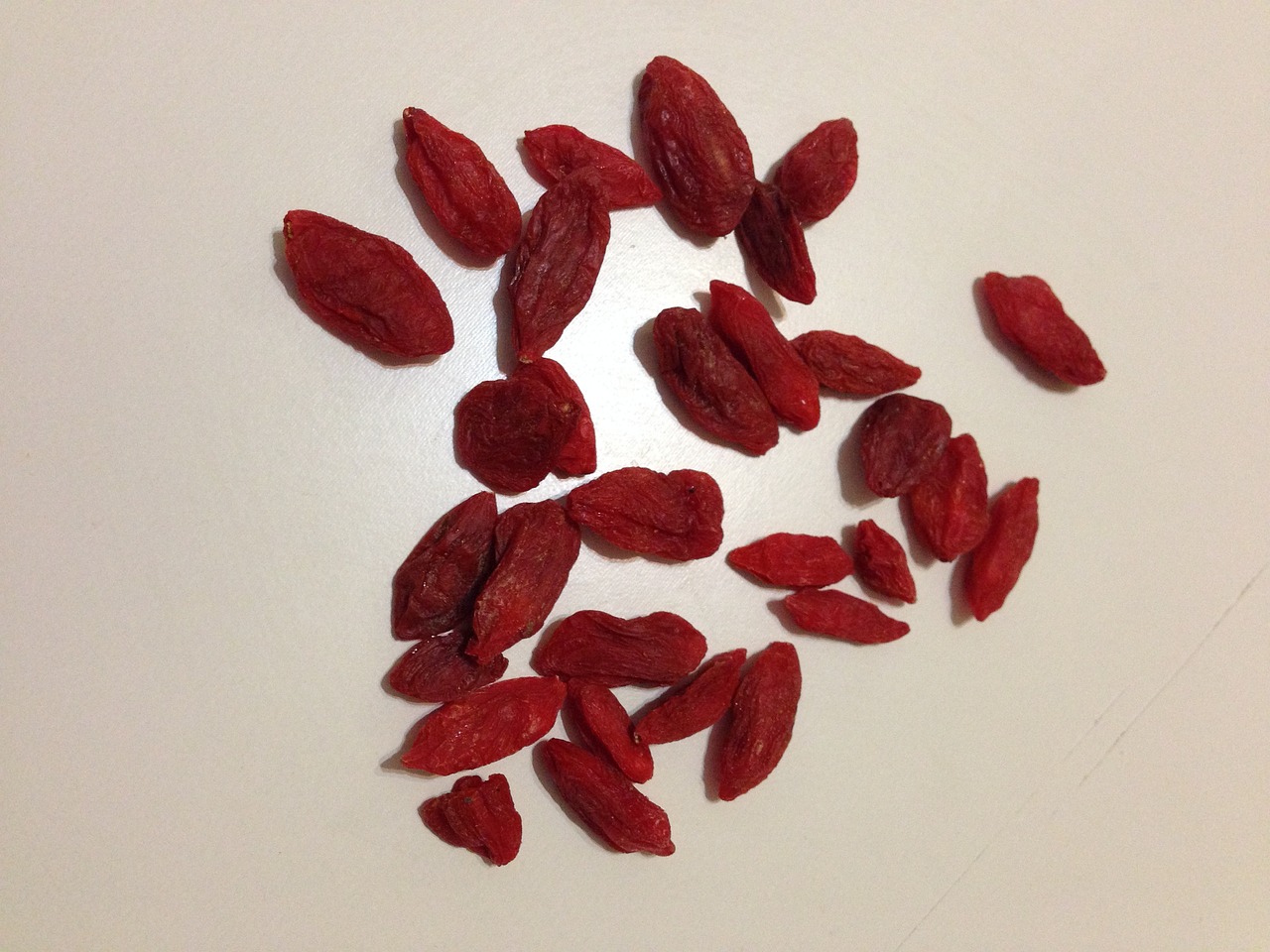
Sources of Antioxidants
Antioxidants are essential for maintaining our health, and the good news is that they are abundant in many delicious foods. Incorporating a variety of antioxidant-rich foods into your diet can significantly enhance your overall well-being. Fruits, vegetables, nuts, and whole grains are particularly rich sources of these powerful compounds. Imagine your plate as a vibrant palette of colors; each hue represents a different type of antioxidant that not only tantalizes your taste buds but also protects your body from oxidative stress.
Let’s take a closer look at some of the top sources of antioxidants:
- Fruits: Fruits are among the richest sources of antioxidants. Berries, such as blueberries, strawberries, and raspberries, are packed with anthocyanins, which are known for their anti-inflammatory properties. Citrus fruits like oranges and grapefruits are high in vitamin C, another potent antioxidant.
- Vegetables: Leafy greens such as spinach and kale are not only nutrient-dense but also loaded with antioxidants like lutein and zeaxanthin, which are beneficial for eye health. Other vegetables, including carrots and bell peppers, are rich in beta-carotene and vitamin E.
- Nuts and Seeds: Nuts like walnuts, pecans, and almonds, as well as seeds such as sunflower and flaxseeds, provide essential fatty acids along with antioxidants like vitamin E and selenium.
- Whole Grains: Whole grains such as oats, quinoa, and brown rice contain various antioxidants, including phenolic acids, which help reduce inflammation and protect against chronic diseases.
To give you a clearer picture, here’s a table highlighting some common antioxidant-rich foods along with their key antioxidant components:
| Food | Key Antioxidants |
|---|---|
| Blueberries | Anthocyanins |
| Spinach | Lutein, Zeaxanthin |
| Walnuts | Vitamin E, Selenium |
| Quinoa | Phenolic Acids |
Incorporating these foods into your daily meals can be as simple as adding a handful of berries to your breakfast, tossing some leafy greens into your salad, or snacking on nuts throughout the day. The key is to aim for a colorful variety, as different colors often indicate different types of antioxidants.
Remember, while supplements are available, the best way to get your antioxidants is through whole foods. Not only do they provide antioxidants, but they also offer a host of other nutrients that work synergistically to promote health. So, the next time you're at the grocery store, think about filling your cart with these vibrant, health-boosting foods!
1. What are antioxidants?
Antioxidants are molecules that help neutralize free radicals in the body, reducing oxidative stress and preventing cellular damage.
2. Can I get enough antioxidants from my diet?
Yes, by consuming a diverse range of fruits, vegetables, nuts, and whole grains, you can easily meet your antioxidant needs.
3. Are antioxidant supplements effective?
While supplements can provide antioxidants, obtaining them from whole foods is generally more beneficial due to the presence of other nutrients and better absorption.
4. How do antioxidants help with aging?
Antioxidants protect cells from damage caused by oxidative stress, which can contribute to aging and age-related diseases.

Fruits Rich in Antioxidants
When it comes to boosting your health, fruits are often the heroes of the story, and those rich in antioxidants are the shining stars. These vibrant, colorful gems not only tantalize your taste buds but also pack a powerful punch against oxidative stress. Imagine your body as a bustling city, and antioxidants as the dedicated firefighters working tirelessly to extinguish the flames of free radicals that threaten to cause chaos. So, which fruits should you be reaching for to ensure you’re getting the most antioxidant bang for your buck?
First on the list is the humble blueberry. These tiny berries are like nature's candy, bursting with flavor and a treasure trove of antioxidants, particularly anthocyanins, which give them their deep blue hue. Studies have shown that blueberries can help improve memory and cognitive function, making them a perfect snack for both your brain and body.
Next up, we have citrus fruits, such as oranges, grapefruits, and lemons. Not only are they refreshing and hydrating, but they are also loaded with vitamin C, a potent antioxidant that supports your immune system and promotes healthy skin. Think of vitamin C as your body's personal bodyguard, ready to fend off illness and keep your skin glowing.
Another fantastic contender is the pomegranate. This fruit is often referred to as a superfood for a reason. With its rich red color and juicy seeds, pomegranates are overflowing with polyphenols, which have been linked to reducing inflammation and lowering the risk of chronic diseases. Incorporating pomegranate juice into your diet can be like giving your cells a refreshing spa day!
Don’t forget about apples, either. They may be simple, but they are incredibly effective. An apple a day really can keep the doctor away, thanks to their high levels of quercetin, another powerful antioxidant. Quercetin is known for its anti-inflammatory properties and has been shown to support heart health, making apples a convenient and tasty choice.
Lastly, let’s not overlook kiwis. These fuzzy little fruits are a powerhouse of nutrients, including vitamins C and E, as well as carotenoids. Kiwis can help improve digestion and provide a significant antioxidant boost, making them a great addition to smoothies or fruit salads.
To summarize, incorporating a variety of these antioxidant-rich fruits into your diet can provide numerous health benefits. Here’s a quick look at some fruits that are exceptionally high in antioxidants:
| Fruit | Main Antioxidants | Health Benefits |
|---|---|---|
| Blueberries | Anthocyanins | Improves memory and cognitive function |
| Citrus Fruits | Vitamin C | Boosts immune system and skin health |
| Pomegranate | Polyphenols | Reduces inflammation and chronic disease risk |
| Apples | Quercetin | Supports heart health and anti-inflammatory |
| Kiwis | Vitamin C, E, Carotenoids | Improves digestion and antioxidant boost |
Incorporating these fruits into your daily routine can be as easy as throwing them into a smoothie, adding them to your breakfast cereal, or simply enjoying them as a snack. The key is to eat a rainbow of fruits to maximize your antioxidant intake and keep your body thriving!

Vegetables High in Antioxidants
When it comes to boosting our health, are true champions. These vibrant, nutrient-dense foods not only add color to our plates but also pack a powerful punch against oxidative stress. Oxidative stress is like a thief that steals our health by damaging cells, leading to chronic diseases and premature aging. Thankfully, by incorporating a variety of antioxidant-rich vegetables into our diets, we can fortify our bodies against this threat.
Some of the top contenders in the vegetable world include leafy greens, carrots, and bell peppers. Each of these vegetables brings its own unique set of antioxidants to the table:
- Leafy Greens: Spinach, kale, and Swiss chard are loaded with vitamins A, C, and K, along with a host of phytonutrients. These greens are excellent at neutralizing free radicals and are vital for maintaining overall health.
- Carrots: Known for their vibrant orange hue, carrots are rich in beta-carotene, an antioxidant that our bodies convert into vitamin A. This nutrient is essential for eye health and plays a role in skin protection.
- Bell Peppers: Whether red, yellow, or green, bell peppers are a fantastic source of vitamin C and other antioxidants. Their sweet crunch adds a delightful texture to salads, stir-fries, and snacks.
Moreover, the cooking method can influence the antioxidant levels in these vegetables. For instance, lightly steaming can enhance the bioavailability of certain antioxidants, making them easier for our bodies to absorb. It’s like unlocking a treasure chest of nutrients that would otherwise remain hidden. On the other hand, overcooking can lead to nutrient loss, so striking the right balance is key.
Incorporating these antioxidant-rich vegetables into your meals can be both delicious and easy. Think about tossing some spinach into your morning smoothie, adding bell peppers to your stir-fry, or munching on raw carrot sticks with hummus as a snack. The possibilities are endless!
By making a conscious effort to include a variety of these vegetables in your diet, you're not just improving your meals; you're actively investing in your health. Remember, every little bit counts when it comes to fighting oxidative stress and promoting longevity. So, the next time you hit the grocery store, fill your cart with these colorful, antioxidant-packed vegetables and enjoy the health benefits they offer!
Q: What are antioxidants?
A: Antioxidants are molecules that help neutralize free radicals in the body, protecting cells from damage and reducing the risk of chronic diseases.
Q: How can I increase antioxidants in my diet?
A: You can increase your antioxidant intake by consuming a variety of fruits and vegetables, particularly those known for their high antioxidant content, such as berries, leafy greens, and colorful vegetables.
Q: Are antioxidant supplements effective?
A: While antioxidant supplements are available, it is generally recommended to obtain antioxidants through whole foods for better absorption and additional health benefits.
Q: Can cooking affect the antioxidant levels in vegetables?
A: Yes, cooking methods can influence antioxidant levels. Lightly steaming vegetables can enhance their bioavailability, while overcooking may lead to nutrient loss.
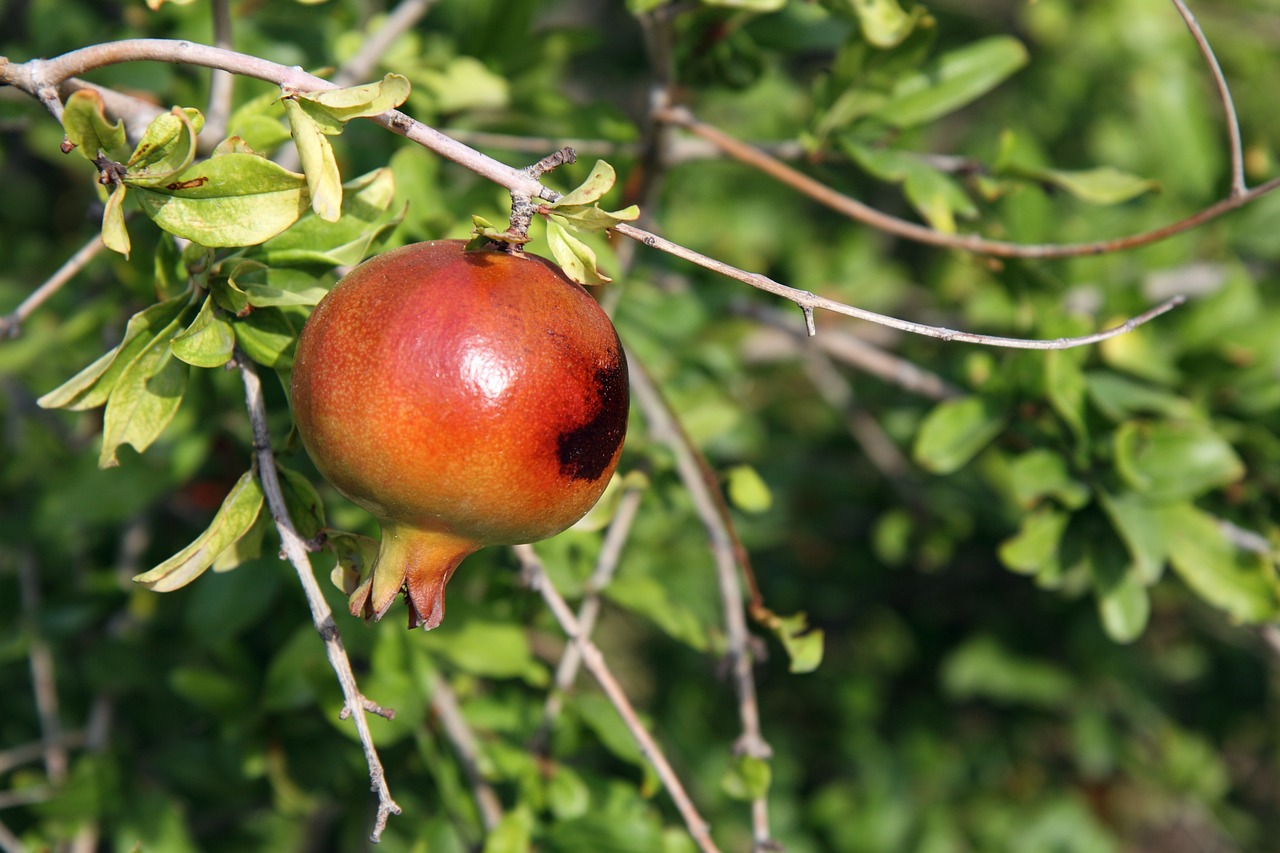
Health Benefits of Antioxidants
Antioxidants are not just a trendy buzzword; they play a crucial role in maintaining our health and well-being. These remarkable molecules offer a plethora of health benefits that can significantly enhance our quality of life. One of the most significant advantages of antioxidants is their ability to reduce inflammation. Chronic inflammation is often at the root of many health issues, including heart disease, diabetes, and even cancer. By neutralizing free radicals and reducing oxidative stress, antioxidants help to calm the inflammatory response in the body, leading to improved overall health.
Moreover, antioxidants are essential for supporting heart health. Research has shown that a diet rich in antioxidants can lower the risk of heart disease. They achieve this by combating oxidative stress and improving cholesterol levels, which are vital for maintaining a healthy cardiovascular system. For instance, antioxidants like flavonoids found in berries and dark chocolate have been linked to better heart health outcomes.
Another exciting benefit of antioxidants is their role in enhancing skin health. As we age, our skin becomes more susceptible to damage from the sun and environmental pollutants. Antioxidants can help mitigate these effects by protecting skin cells from oxidative damage. Topical antioxidants, such as vitamin C and E, can improve skin hydration, elasticity, and even reduce the appearance of fine lines and wrinkles. This means that incorporating antioxidant-rich foods into your diet, along with topical applications, can lead to a more youthful and vibrant complexion.
Additionally, antioxidants may play a pivotal role in lowering the risk of chronic diseases. Conditions like cancer and neurodegenerative diseases have been linked to oxidative stress. By fortifying our bodies with antioxidants, we can potentially reduce our risk of developing these serious health issues. For example, studies have found that individuals with higher antioxidant intake have a lower incidence of certain cancers, suggesting a protective effect.
To sum it up, the health benefits of antioxidants are vast and varied. They not only help reduce inflammation and support heart health but also enhance skin health and lower the risk of chronic diseases. By making a conscious effort to include antioxidant-rich foods in our diets, we can harness these benefits and promote a healthier lifestyle. So, why not start today? Your body will thank you!
- What are the best sources of antioxidants? Fruits, vegetables, nuts, and whole grains are excellent sources of antioxidants. Berries, citrus fruits, leafy greens, and dark chocolate are particularly rich in these beneficial compounds.
- Can I get enough antioxidants from my diet alone? Yes, a well-balanced diet filled with a variety of colorful fruits and vegetables can provide ample antioxidants to meet your body's needs.
- Are antioxidant supplements effective? While supplements can be beneficial, obtaining antioxidants from whole foods is generally recommended for better absorption and additional nutrients.
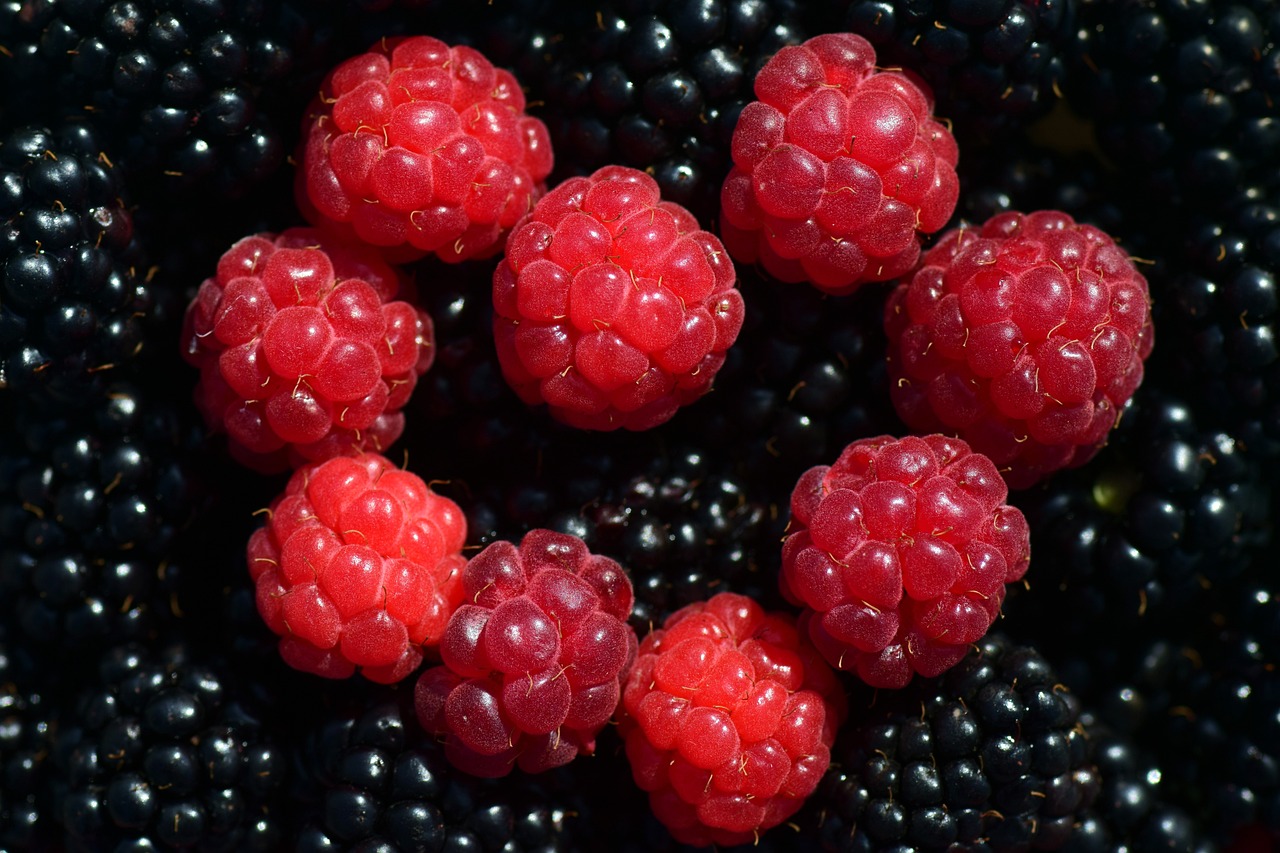
Reducing Inflammation
Inflammation is like the body's alarm system, alerting us to potential harm. However, when this alarm is constantly ringing, it can lead to chronic conditions that wreak havoc on our health. This is where antioxidants come into play, acting as the firefighters that put out the flames of inflammation. By neutralizing free radicals—those pesky molecules that cause oxidative stress—antioxidants help reduce inflammation and promote healing throughout the body.
Research has shown that a diet rich in antioxidants can significantly lower markers of inflammation. For instance, antioxidants found in foods such as berries, nuts, and green leafy vegetables can help combat inflammatory responses. These foods are not just tasty; they are packed with compounds that support your body’s ability to manage inflammation effectively. But how do they do this? Let’s break it down:
- Neutralizing Free Radicals: Antioxidants neutralize free radicals, which are unstable molecules that can cause cellular damage and trigger inflammation.
- Reducing Cytokine Production: Some antioxidants can reduce the production of pro-inflammatory cytokines, which are signaling molecules that promote inflammation in the body.
- Enhancing Immune Function: By supporting the immune system, antioxidants help the body respond more effectively to inflammation and injury.
The connection between antioxidants and reduced inflammation is not just theoretical; numerous studies support this relationship. For example, a study published in the American Journal of Clinical Nutrition found that individuals who consumed higher amounts of antioxidant-rich foods had significantly lower levels of C-reactive protein (CRP), a marker of inflammation in the body. This suggests that incorporating more antioxidants into your diet can be a proactive approach to managing inflammation.
To maximize the anti-inflammatory benefits of antioxidants, consider incorporating a variety of colorful fruits and vegetables into your meals. Each color often represents different types of antioxidants, meaning a diverse plate can provide a broader range of protective benefits. For instance, vibrant berries are packed with flavonoids, while leafy greens are rich in vitamins A, C, and K. By eating a rainbow of foods, you not only tantalize your taste buds but also arm your body with the necessary tools to fight inflammation effectively.
In conclusion, reducing inflammation is crucial for maintaining overall health, and antioxidants play a vital role in this process. By embracing a diet rich in antioxidant-laden foods, you can help keep the fires of inflammation at bay, promoting a healthier, more vibrant life.
1. What are antioxidants?
Antioxidants are molecules that inhibit oxidation and neutralize free radicals, thereby protecting the body from cellular damage.
2. How do antioxidants help reduce inflammation?
Antioxidants help reduce inflammation by neutralizing free radicals, lowering the production of pro-inflammatory cytokines, and enhancing immune function.
3. What foods are high in antioxidants?
Foods rich in antioxidants include berries, nuts, green leafy vegetables, and dark chocolate, among others.
4. Can I get enough antioxidants from my diet alone?
Yes, a balanced diet rich in fruits, vegetables, nuts, and whole grains can provide sufficient antioxidants for most people.
5. Are antioxidant supplements necessary?
While supplements are available, it’s generally recommended to obtain antioxidants through whole foods for better absorption and additional health benefits.
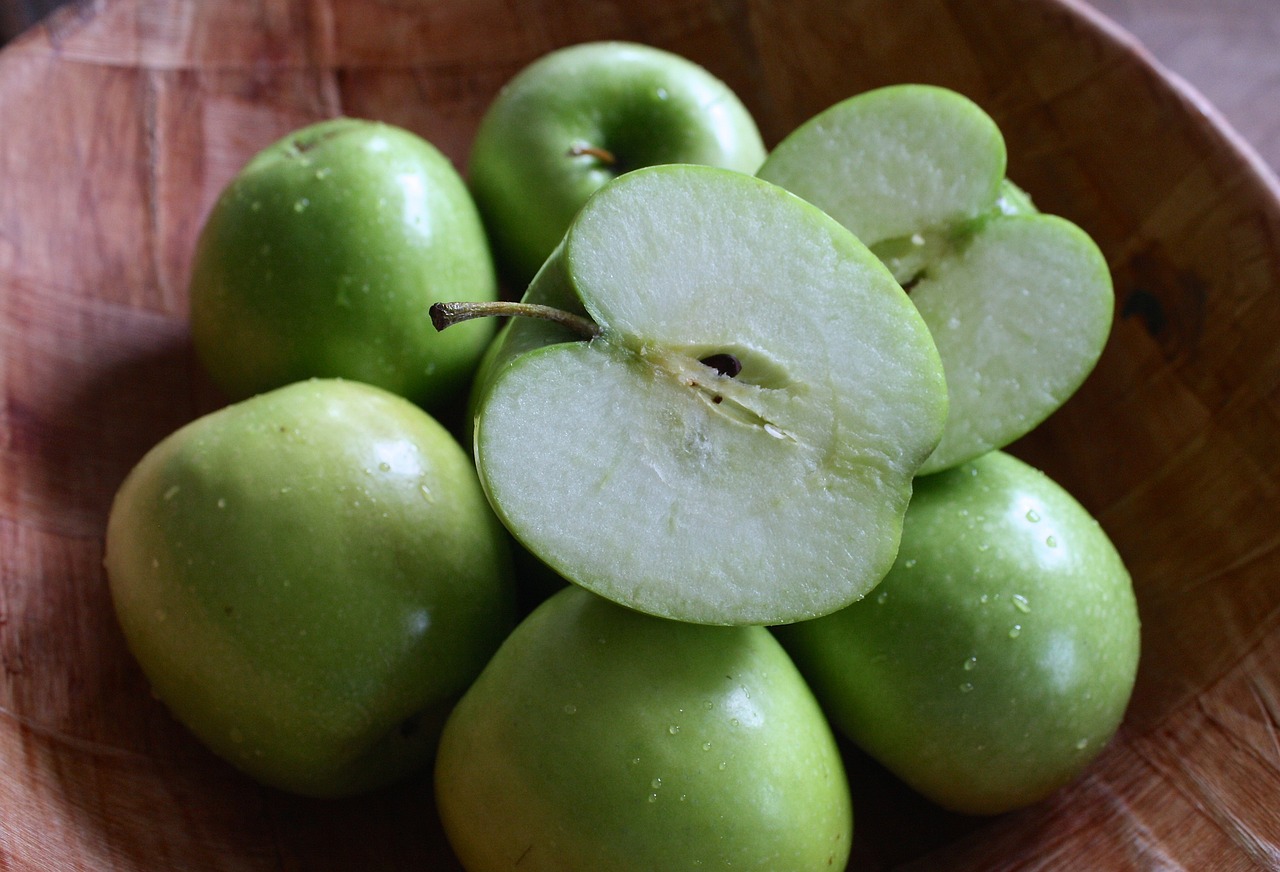
Supporting Heart Health
When it comes to maintaining a healthy heart, antioxidants are your best friends. These remarkable compounds work tirelessly to combat oxidative stress, which can lead to various cardiovascular issues. Imagine your heart as a bustling city, constantly working to keep everything running smoothly. Now, picture oxidative stress as pollution in that city, causing wear and tear on the infrastructure. Antioxidants act like environmental protectors, clearing out the pollution and ensuring the city thrives.
Research has shown that a diet rich in antioxidants can significantly lower the risk of heart disease. For instance, antioxidants help to reduce levels of LDL cholesterol, often referred to as "bad" cholesterol, which can build up in your arteries and lead to heart attacks. By neutralizing free radicals, antioxidants also reduce inflammation, another major contributor to heart disease. Think of inflammation as a fire that, if left unchecked, can consume everything in its path. Antioxidants work to extinguish that fire, keeping your heart safe.
Some of the most potent antioxidants for heart health include:
- Vitamin C: Found in citrus fruits, strawberries, and bell peppers, Vitamin C plays a crucial role in maintaining healthy blood vessels.
- Vitamin E: Nuts and seeds are rich in Vitamin E, which helps protect cell membranes from oxidative damage.
- Flavonoids: Present in dark chocolate, tea, and berries, flavonoids are known to improve blood flow and lower blood pressure.
Incorporating these antioxidant-rich foods into your diet is not only delicious but also a smart strategy for heart health. For example, you could start your day with a smoothie packed with berries, spinach, and a sprinkle of nuts. Not only will it taste great, but it will also provide your body with a powerhouse of nutrients that can help keep your heart in tip-top shape.
Moreover, studies indicate that individuals who consume a diet high in antioxidants tend to have lower blood pressure and improved endothelial function, which is crucial for maintaining a healthy cardiovascular system. So, the next time you bite into a juicy apple or enjoy a handful of almonds, remember that you’re not just snacking; you’re actively supporting your heart health.
In conclusion, the evidence is clear: antioxidants are essential for a healthy heart. By incorporating a variety of antioxidant-rich foods into your diet, you can help protect your cardiovascular system from damage and promote overall heart health. So why not make a conscious effort to add more of these powerful nutrients to your meals? Your heart will thank you!
1. What are antioxidants?
Antioxidants are molecules that inhibit oxidation and neutralize free radicals, protecting the body from cellular damage.
2. How do antioxidants support heart health?
Antioxidants help reduce oxidative stress and inflammation, lower LDL cholesterol, and improve blood flow, all of which contribute to a healthier heart.
3. What foods are high in antioxidants?
Fruits like berries and citrus, vegetables like leafy greens and bell peppers, nuts, seeds, and whole grains are all rich in antioxidants.
4. Should I take antioxidant supplements?
While supplements are available, it’s generally better to obtain antioxidants through whole foods for better absorption and additional health benefits.
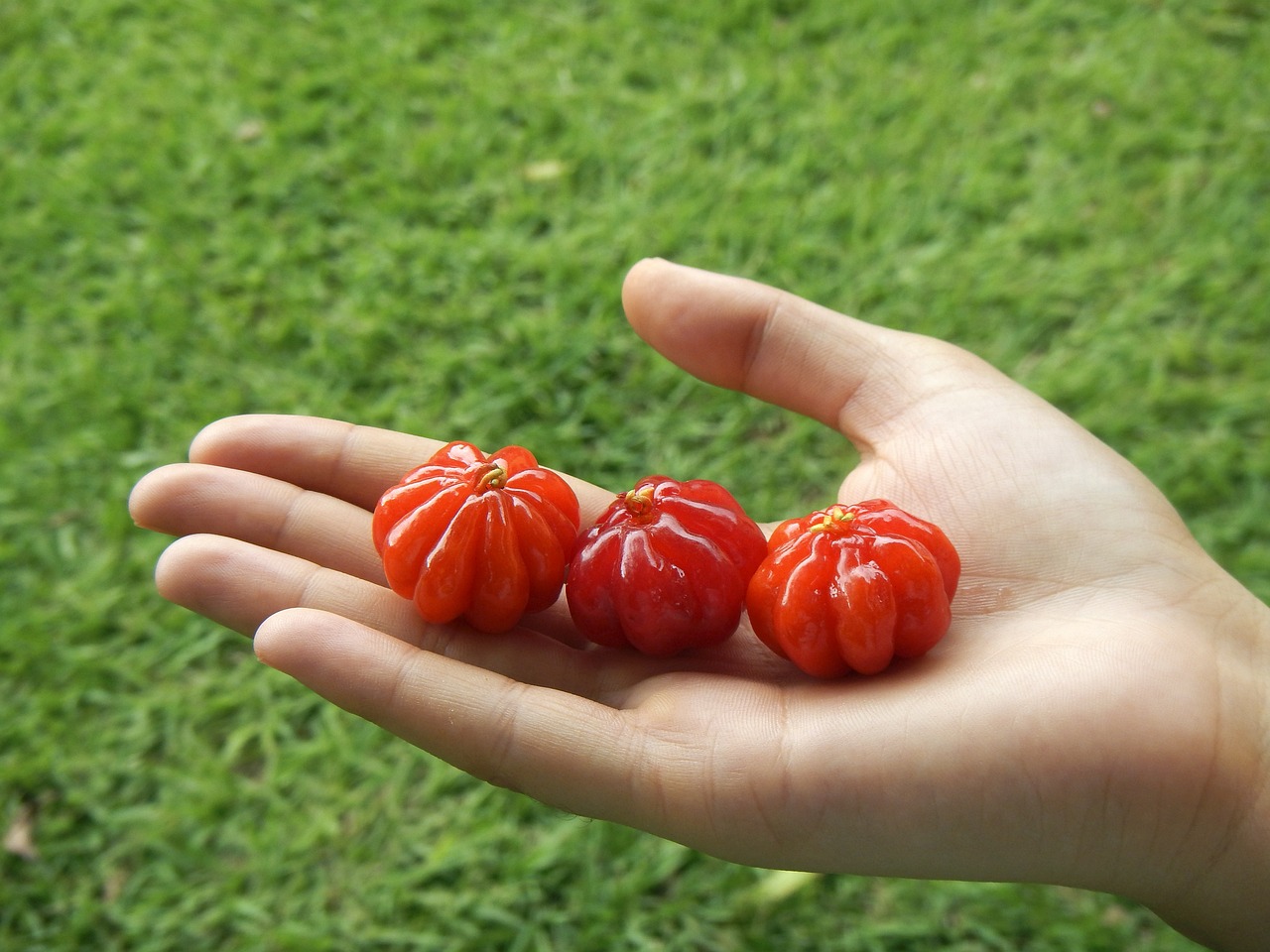
Antioxidants and Aging
As we age, our bodies undergo a myriad of changes, some of which can leave us feeling less than our best. One of the significant culprits behind this aging process is oxidative stress, which occurs when there’s an imbalance between free radicals and antioxidants in the body. Antioxidants, those heroic molecules we often hear about, play a crucial role in combating this oxidative stress, helping to protect our cells from damage. Think of antioxidants as the body’s little warriors, fighting off the harmful effects of free radicals that can lead to premature aging and various age-related diseases.
Research suggests that incorporating antioxidants into our diet can help in slowing down the aging process. These mighty compounds work by neutralizing free radicals, which are unstable molecules that can cause cellular damage. When our cells are damaged, it can lead to a decline in their function, contributing to the visible signs of aging, such as wrinkles, fine lines, and sagging skin. But antioxidants don’t just stop at skin deep; they also play a role in protecting our internal organs and systems, helping us maintain vitality as we grow older.
There are several types of antioxidants, each with unique properties that contribute to cellular protection. For instance, Vitamin C is well-known for its role in collagen synthesis, which is essential for maintaining skin elasticity and firmness. On the other hand, Vitamin E acts as a protector for cell membranes, ensuring that our cells remain healthy and functional. Additionally, minerals like selenium and zinc are vital for the activity of antioxidant enzymes that help detoxify our body from harmful substances.
Moreover, the benefits of antioxidants extend beyond just skin health. They also play a significant role in reducing the risk of chronic diseases often associated with aging, such as heart disease, diabetes, and even certain cancers. By keeping inflammation at bay and supporting the immune system, antioxidants help us age gracefully and maintain a higher quality of life.
To maximize the benefits of antioxidants, it’s essential to incorporate a variety of antioxidant-rich foods into our daily diet. Think of colorful fruits and vegetables as your allies in the fight against aging. Berries, leafy greens, nuts, and whole grains are all fantastic sources of these protective compounds. Not only do they taste great, but they also provide a plethora of vitamins and minerals essential for overall health.
In conclusion, while aging is a natural process that we all must face, the power of antioxidants can help us navigate this journey with grace. By understanding their role and incorporating them into our diets, we can protect our cells, support our health, and potentially slow down the aging process. So, the next time you reach for that juicy berry or vibrant vegetable, remember, you’re not just eating; you’re investing in your future self!
- What are antioxidants? Antioxidants are molecules that inhibit oxidation and neutralize free radicals, helping to protect our cells from damage.
- How do antioxidants help with aging? They combat oxidative stress, protect cells from damage, and may slow down the aging process by maintaining cellular function.
- What foods are high in antioxidants? Foods rich in antioxidants include berries, leafy greens, nuts, and whole grains.
- Is it better to get antioxidants from food or supplements? It's generally recommended to obtain antioxidants from whole foods for better absorption and additional health benefits.
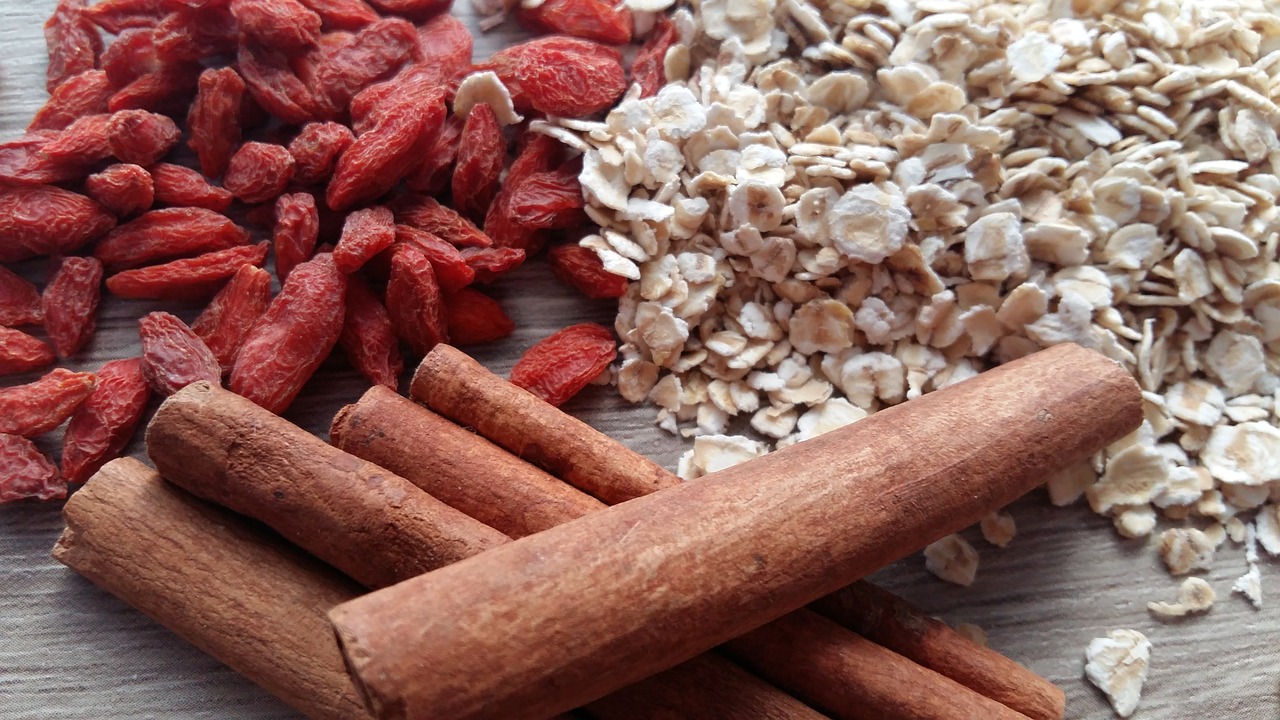
Cellular Protection
Cellular protection is a fundamental aspect of health that often goes unnoticed until we start experiencing the effects of aging or illness. Think of our cells as tiny factories, constantly working to keep our bodies running smoothly. However, these factories are under constant threat from oxidative stress, which is akin to pollution in our environment. This pollution comes in the form of free radicals, unstable molecules that can cause significant damage to our cells, leading to a host of diseases, including cancer and heart disease.
Antioxidants serve as the body's defense system against this oxidative stress. They act like security guards, neutralizing free radicals before they can wreak havoc. By donating electrons to these unstable molecules, antioxidants stabilize them, preventing cellular damage. This is crucial because when cells are damaged, they can malfunction, leading to inflammation and chronic disease. In essence, antioxidants help maintain the integrity of our cellular structures, ensuring that our "factories" continue to operate efficiently.
Research has shown that certain antioxidants can significantly enhance cellular protection. For example, Vitamin C and Vitamin E are well-known for their protective roles. Vitamin C, a water-soluble antioxidant, works primarily in the aqueous environments of the body, such as blood and cellular fluid, while Vitamin E, being fat-soluble, protects the membranes of our cells. Together, they create a powerful synergy that helps combat oxidative damage.
Furthermore, minerals like selenium and zinc are essential for the function of antioxidant enzymes, which are crucial in the body's defense mechanisms. These enzymes, such as glutathione peroxidase and superoxide dismutase, rely on these minerals to function effectively. Without adequate levels of these minerals, our body's ability to combat oxidative stress diminishes, leaving our cells vulnerable to damage.
Incorporating antioxidant-rich foods into your diet can significantly bolster your cellular protection. Foods such as berries, nuts, and green leafy vegetables are packed with these protective compounds. For instance, a simple table of antioxidant-rich foods can illustrate their benefits:
| Food | Key Antioxidants | Health Benefits |
|---|---|---|
| Berries | Vitamin C, Anthocyanins | Reduce oxidative stress, improve heart health |
| Spinach | Vitamin E, Lutein | Enhance eye health, reduce inflammation |
| Nuts | Vitamin E, Selenium | Support heart health, improve cholesterol levels |
In conclusion, cellular protection is vital for maintaining health and preventing disease. By understanding the role of antioxidants and incorporating them into our diet, we can significantly enhance our body's defenses against oxidative stress. This proactive approach not only helps in maintaining cellular integrity but also contributes to overall well-being and longevity.
- What are antioxidants? Antioxidants are molecules that inhibit oxidation and neutralize free radicals, helping to prevent cellular damage.
- What foods are high in antioxidants? Foods like berries, nuts, and green vegetables are rich in antioxidants and provide numerous health benefits.
- How do antioxidants protect cells? Antioxidants neutralize free radicals by donating electrons, preventing oxidative damage to cells.
- Can I get enough antioxidants from supplements? While supplements are available, it's generally recommended to obtain antioxidants from whole foods for better absorption and additional nutrients.
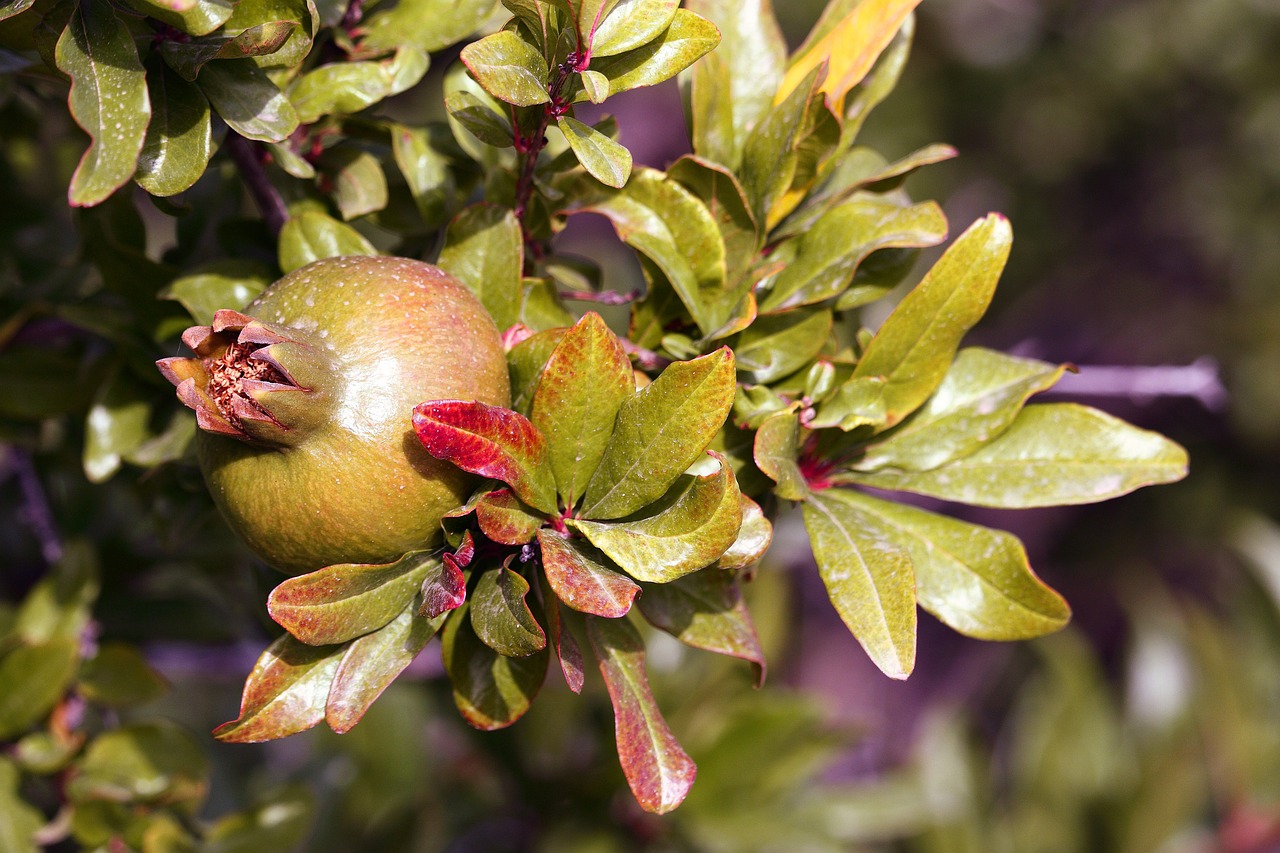
Skin Health
When it comes to maintaining youthful and vibrant skin, the role of antioxidants cannot be overstated. These powerful compounds act as the body's defense system against the damaging effects of free radicals, which are unstable molecules that can wreak havoc on skin cells. Think of antioxidants as the superheroes of skincare, swooping in to save the day by neutralizing these harmful agents. They help to reduce signs of aging, promote hydration, and enhance skin elasticity, ensuring that your skin not only looks good but feels good too.
One of the most well-known antioxidants for skin health is Vitamin C. This water-soluble vitamin is celebrated for its ability to brighten the skin and even out skin tone. It plays a crucial role in collagen synthesis, which is essential for maintaining skin structure and firmness. Additionally, Vitamin C helps to protect the skin from UV damage, making it a vital ingredient in many skincare products. When applied topically, it can lead to a more radiant complexion and a reduction in fine lines and wrinkles.
Another key player in the antioxidant arena is Vitamin E. This fat-soluble vitamin not only protects cell membranes from oxidative damage but also acts as a moisturizer, helping to keep your skin hydrated and supple. It works synergistically with Vitamin C, enhancing its effects and providing a double layer of protection against environmental stressors. Together, these vitamins create a powerful team that can significantly improve your skin's overall appearance and health.
Moreover, antioxidants can be found in a variety of natural sources, including fruits and vegetables. For instance, berries such as blueberries and strawberries are rich in anthocyanins, which have been shown to combat skin aging and improve skin texture. Similarly, leafy greens like spinach and kale are packed with vitamins and minerals that nourish the skin from the inside out. Incorporating these foods into your diet can provide your skin with the nutrients it needs to thrive.
In addition to dietary sources, topical applications of antioxidants can also yield impressive results. Many skincare products now include a blend of antioxidants to combat signs of aging and improve skin health. These products often target specific concerns, such as wrinkles, dark spots, and uneven texture, offering consumers a tailored approach to skincare. However, it’s essential to choose products with stable formulations to ensure that the antioxidants remain effective.
In conclusion, the importance of antioxidants in promoting skin health cannot be ignored. By incorporating both antioxidant-rich foods into your diet and using topical applications, you can enhance your skin's resilience against aging and environmental damage. So, why not start today? Your skin will thank you for it!
- What are antioxidants? Antioxidants are molecules that inhibit oxidation and neutralize free radicals, helping to protect cells from damage.
- How do antioxidants benefit skin health? They reduce oxidative stress, promote hydration, enhance skin elasticity, and protect against UV damage.
- Which foods are high in antioxidants? Fruits like berries, citrus fruits, and vegetables like leafy greens and carrots are excellent sources.
- Can I get enough antioxidants from my diet alone? Yes, by consuming a variety of fruits, vegetables, nuts, and whole grains, you can boost your antioxidant intake naturally.
- Are antioxidant supplements effective? While supplements can help, obtaining antioxidants from whole foods is generally recommended for better absorption and additional health benefits.
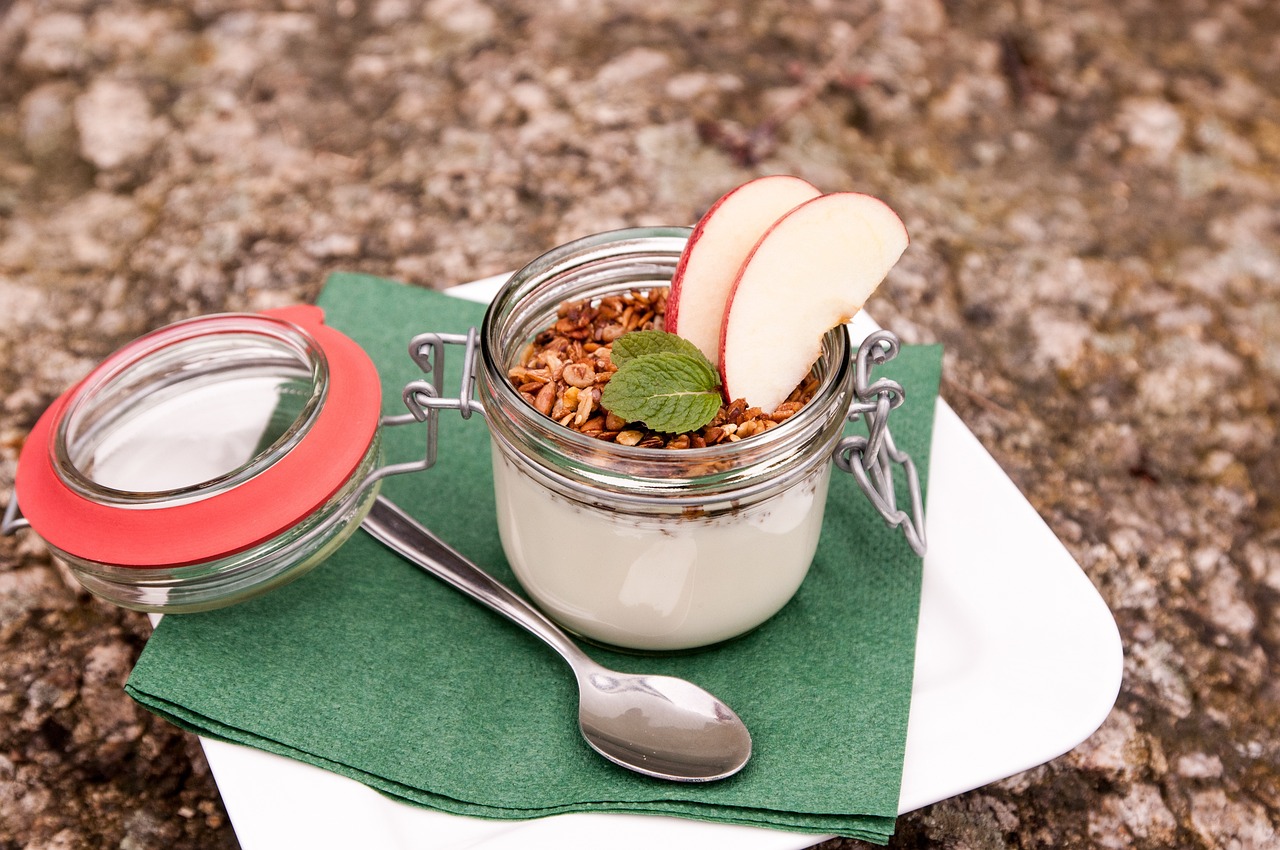
Incorporating Antioxidants into Your Diet
Incorporating antioxidants into your diet is not just a trend; it’s a lifestyle choice that can significantly enhance your health. Think of your body as a car engine; just like a well-maintained engine runs smoothly, a body rich in antioxidants functions optimally. But how do you make this happen? It's simpler than you might think! By making a few mindful changes to your daily meals, you can easily boost your antioxidant intake.
First off, consider starting your day with a breakfast that’s brimming with antioxidant-rich foods. For instance, you could swap out your regular cereal for a bowl of oatmeal topped with fresh berries. Berries, such as blueberries and strawberries, are not only delicious but also packed with vitamins and antioxidants that help combat oxidative stress. If you prefer smoothies, blend a mix of spinach, kale, and fruit for a refreshing drink that’s both tasty and nutritious.
When it comes to lunch and dinner, think color! The more colorful your plate, the more antioxidants you're likely consuming. Incorporate a variety of fruits and vegetables into your meals. For example, a vibrant salad filled with spinach, carrots, bell peppers, and tomatoes not only looks appealing but also provides a powerhouse of nutrients. Don’t forget to add some nuts or seeds for a delightful crunch and an extra antioxidant boost.
For those who enjoy snacking, opt for nuts like walnuts and pecans, or munch on some dark chocolate. Yes, you read that right! Dark chocolate is rich in flavonoids, a type of antioxidant that can help improve heart health. However, moderation is key; a small square can satisfy your sweet tooth while providing health benefits.
Now, let’s talk about beverages. Green tea is a fantastic choice when you're looking for a drink that’s high in antioxidants. It’s not just refreshing; it’s also known for its numerous health benefits, including enhancing metabolism and promoting heart health. If you’re a coffee lover, good news! Coffee is also loaded with antioxidants, so you can enjoy your morning cup while doing something good for your body.
Lastly, while supplements are available, relying on whole foods is the best way to ensure you’re getting a well-rounded intake of antioxidants. Whole foods provide a variety of nutrients that work synergistically, enhancing their benefits. So, instead of reaching for a pill, hit the produce aisle and stock up on your favorites!
- What are the best sources of antioxidants? Fruits, vegetables, nuts, and whole grains are excellent sources of antioxidants. Specifically, berries, leafy greens, and nuts are among the top contenders.
- Can I get enough antioxidants from supplements? While supplements can help, it’s generally better to obtain antioxidants from whole foods for better absorption and additional health benefits.
- How can I easily add more antioxidants to my meals? Start by adding a variety of colorful fruits and vegetables to your meals, choose whole grains, and consider healthy snacks like nuts and dark chocolate.
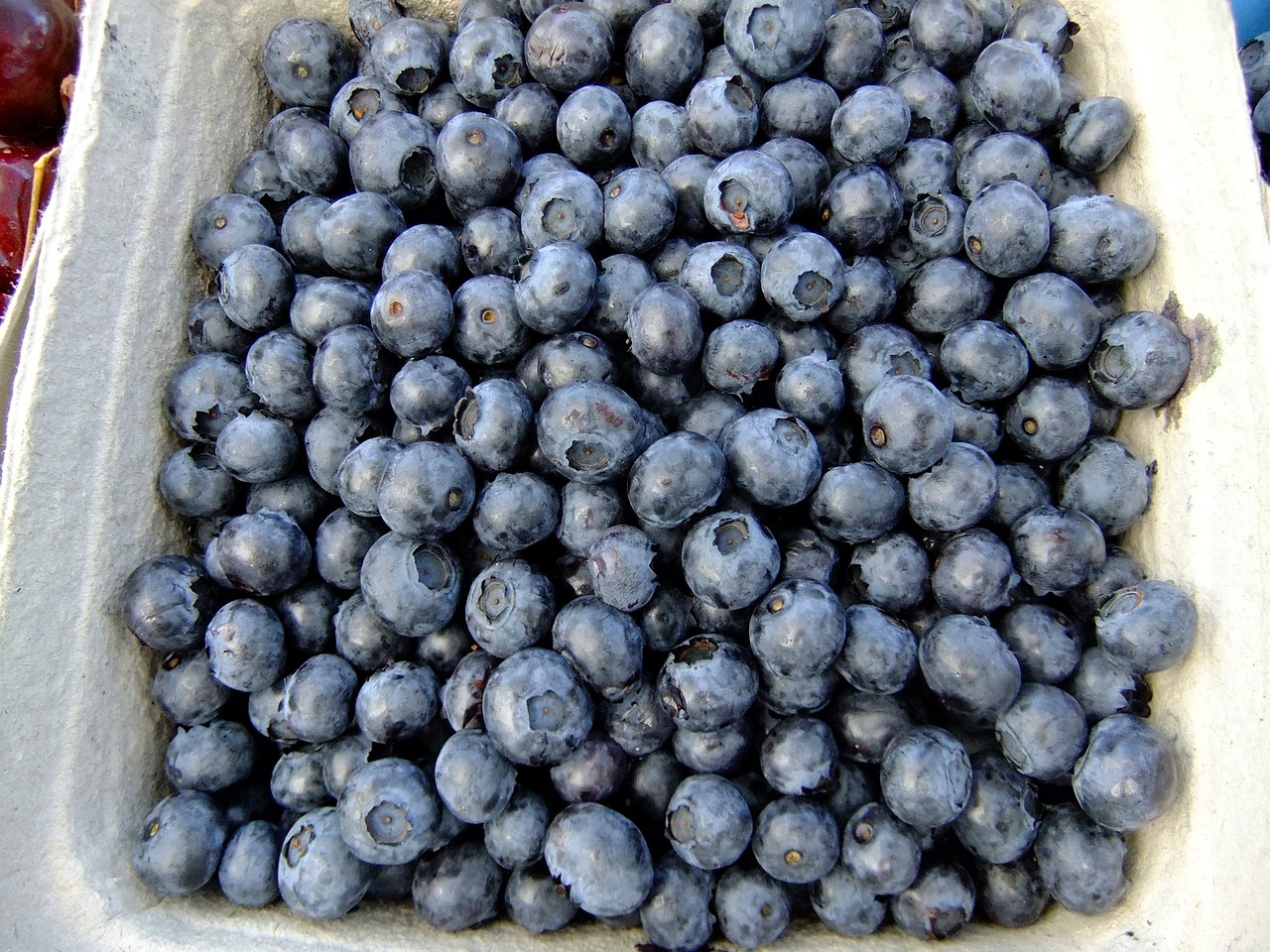
Simple Dietary Changes
Making simple dietary changes can significantly boost your antioxidant intake and enhance your overall health. It's not about overhauling your entire diet overnight; rather, it's about incorporating small, manageable adjustments that can lead to big benefits. Think of your diet as a colorful palette — the more colors (or foods) you add, the more vibrant and healthy your masterpiece becomes!
For starters, aim to fill your plate with a variety of fruits and vegetables. These foods are not only rich in antioxidants but also packed with essential vitamins and minerals. Consider adding a handful of berries to your morning oatmeal or blending a green smoothie with spinach, kale, and a banana. The antioxidants in these foods help combat oxidative stress and keep your immune system strong.
Another easy change is to swap out refined grains for whole grains. Whole grains like brown rice, quinoa, and whole wheat bread retain their nutrient-rich outer layers, providing more fiber and antioxidants compared to their refined counterparts. This simple switch can make a noticeable difference in your health over time. Plus, whole grains can keep you feeling fuller for longer, helping to manage your weight effectively.
Don’t forget about nuts and seeds! These little powerhouses are not only delicious but also loaded with antioxidants. A handful of almonds or walnuts can make a fantastic snack, or you can sprinkle some chia seeds on your yogurt. They provide healthy fats and protein, making them a perfect addition to your diet.
Additionally, consider incorporating more herbs and spices into your cooking. Ingredients like turmeric, ginger, and garlic are not only flavorful but also rich in antioxidants. For instance, turmeric contains curcumin, a compound known for its strong antioxidant and anti-inflammatory properties. You can easily add turmeric to soups, stews, or even smoothies for an extra health boost.
Lastly, remember to stay hydrated! Drinking water is essential, but consider infusing it with slices of citrus fruits or berries for an antioxidant-rich treat. This not only enhances the flavor but also provides additional nutrients that can help protect your cells.
In summary, small, simple changes in your diet can lead to a significant increase in your antioxidant intake. By incorporating a variety of colorful fruits, vegetables, whole grains, nuts, seeds, and spices, you can create a balanced diet that supports your health and well-being. Remember, it’s all about making choices that work for you and your lifestyle!
- What are antioxidants? Antioxidants are molecules that inhibit oxidation and neutralize free radicals, helping to protect your body from cellular damage.
- How can I increase my antioxidant intake? You can increase your antioxidant intake by incorporating more fruits, vegetables, whole grains, nuts, and spices into your diet.
- Are antioxidant supplements effective? While supplements are available, it's generally better to obtain antioxidants through whole foods for better absorption and additional health benefits.
- Can antioxidants help with aging? Yes, antioxidants can help protect cells from damage caused by oxidative stress, potentially slowing the aging process and improving skin health.
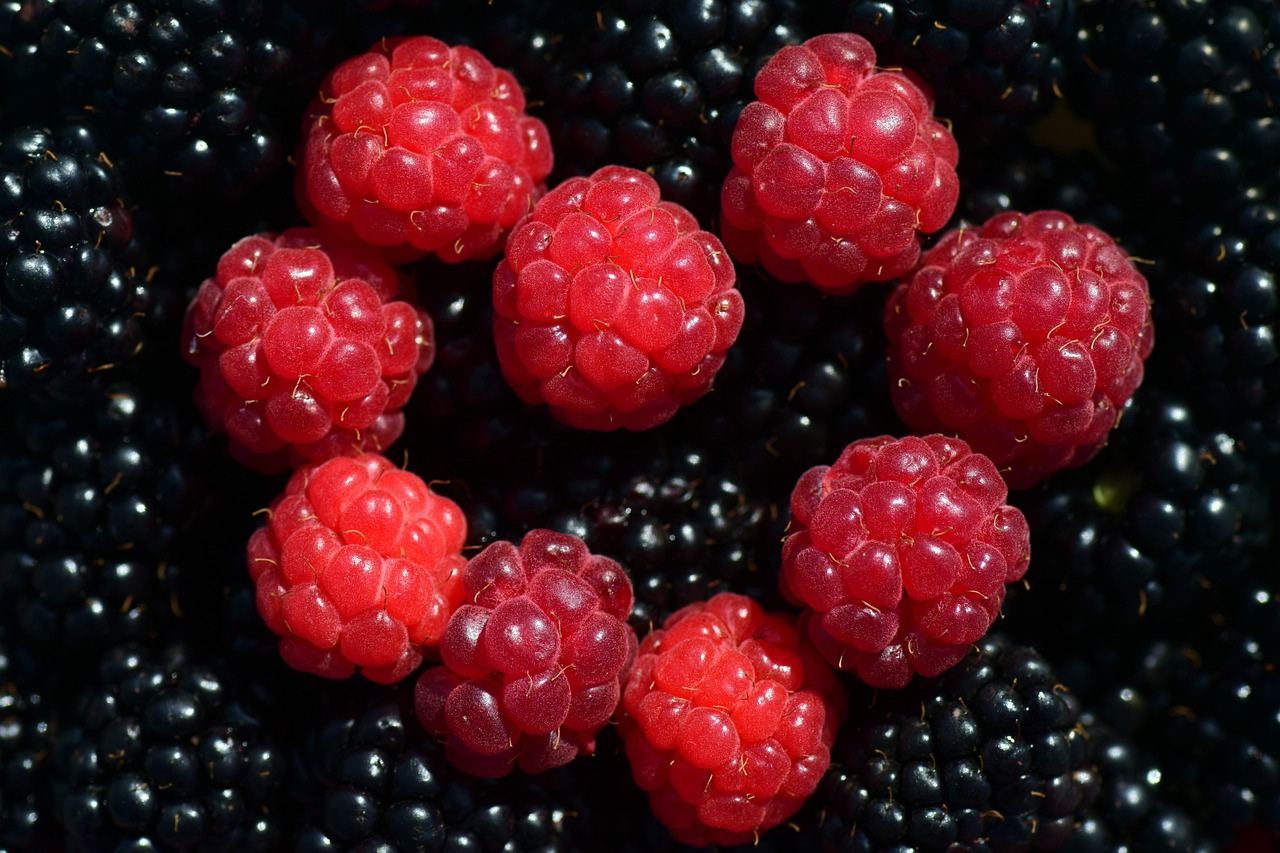
Supplements vs. Whole Foods
When it comes to boosting your antioxidant intake, the debate between supplements and whole foods is as lively as a bustling farmers' market. On one side, you have the convenience of supplements, which promise a quick fix and a concentrated dose of antioxidants. However, whole foods are like the rich tapestry of nature, offering a diverse array of nutrients that work synergistically to promote health. So, which option reigns supreme?
First, let's talk about supplements. They can be incredibly tempting, especially for those with busy lifestyles. A single pill can provide a hefty dose of antioxidants, which sounds appealing, right? But here’s the catch: the body is a complex system that thrives on variety. Supplements often lack the multitude of phytonutrients, vitamins, and minerals found in whole foods. These compounds work together in ways we’re still uncovering, and isolating them in pill form can sometimes lead to unintended consequences.
On the flip side, whole foods are packed with not just antioxidants but also fiber, healthy fats, and a plethora of other beneficial compounds. For example, a handful of mixed berries not only delivers vitamin C and flavonoids but also provides fiber that aids digestion and promotes gut health. This natural synergy is something that supplements simply can’t replicate. Plus, whole foods are less likely to cause adverse effects, as they come with a balance of nutrients that the body recognizes and utilizes effectively.
To illustrate this point, consider the following comparison:
| Aspect | Supplements | Whole Foods |
|---|---|---|
| Convenience | Quick and easy to consume | Requires preparation and planning |
| Nutrient Variety | Limited to specific nutrients | Rich in a variety of nutrients |
| Absorption | May not be absorbed as effectively | Generally well-absorbed due to natural synergy |
| Health Benefits | Potential for adverse effects | Promotes overall health and well-being |
In conclusion, while supplements might seem like a quick solution, they often fall short compared to the vibrant, nutrient-rich options found in whole foods. If you’re looking to enhance your antioxidant intake, think of it as a delicious puzzle: the more colorful and varied the pieces, the more complete the picture of your health will be. So, grab those berries, leafy greens, and nuts, and let nature's bounty work its magic!
- Can I rely solely on supplements for antioxidants? While supplements can be beneficial, they should not replace a balanced diet rich in whole foods.
- How do I know if I’m getting enough antioxidants? Incorporate a variety of colorful fruits and vegetables into your meals to ensure a sufficient intake.
- Are there any risks associated with antioxidant supplements? Yes, excessive intake of certain antioxidant supplements can lead to health issues. It's best to consult with a healthcare professional.
Frequently Asked Questions
- What are antioxidants and why are they important?
Antioxidants are molecules that help protect your body from oxidative stress by neutralizing free radicals. They play a crucial role in preventing cell damage, reducing inflammation, and lowering the risk of chronic diseases like heart disease and cancer.
- What are some common sources of antioxidants?
You can find antioxidants in a variety of foods, especially in fruits and vegetables. Some of the best sources include berries, citrus fruits, leafy greens, nuts, and whole grains. Incorporating these foods into your diet can significantly boost your antioxidant intake.
- Are vitamin supplements as effective as whole foods for antioxidants?
While antioxidant supplements are available, it's generally better to obtain antioxidants from whole foods. Whole foods not only provide antioxidants but also offer additional nutrients and fiber that supplements may lack, leading to better overall health.
- How do antioxidants help with aging?
Antioxidants help combat oxidative stress, which is linked to the aging process. By protecting cells from damage, they can slow down age-related diseases and maintain cellular function, contributing to healthier aging.
- Can antioxidants improve skin health?
Yes! Both topical and dietary antioxidants can enhance skin health by reducing signs of aging, promoting hydration, and improving skin elasticity. They work by neutralizing free radicals that damage skin cells.
- How can I easily incorporate more antioxidants into my diet?
Simple changes, like adding more fruits and vegetables to your meals, snacking on nuts, and choosing whole grains over refined options, can significantly increase your antioxidant intake. Aim for a colorful plate to maximize the variety of antioxidants you consume!
- What role do minerals play in antioxidant activity?
Minerals like selenium and zinc are vital for the function of antioxidant enzymes in the body. They help enhance the body's defense against oxidative stress, supporting overall health and well-being.







